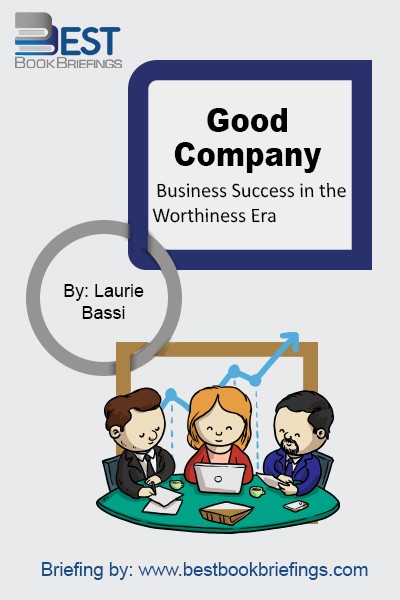Good Company
Business Success in the Worthiness Era
Number of pages: 264
Publisher: Berrett-Koehler Publishers
BBB Library: CSR and NGO
ISBN: 9781609940614
Editorial Review
We’re losing patience with bad companies. We’re fed up with tainted food, tightfisted employers, and “corporate social responsibility” that is more marketing spin than true caring for our communities. Society hasn’t given up on capitalist corporations. We rely on companies for the basic necessities of food, clothing, and shelter, as well as modern conveniences like computers, air travel, and wireless connectivity. But collectively we’re setting a higher standard for businesses. We’re beginning to make it more difficult for them to earn profits. A convergence of forces—economic, social, and political—is pushing businesses to be better to their employees, customers, and communities. In effect, people are demanding that companies in their lives be “good company.”
Book Reviews
Books on Related Topics
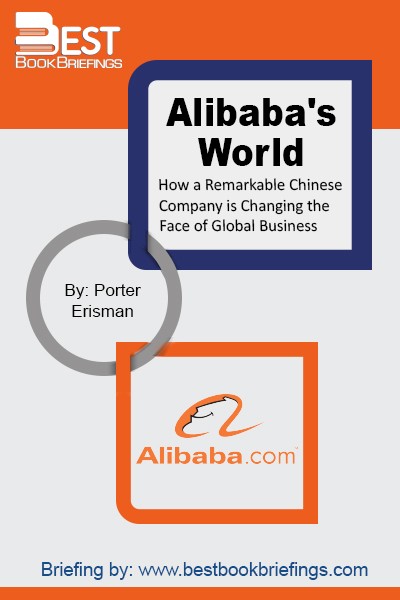
It wasn’t only being the right person at the right time and place that took Alibaba to a global success. Having millions of other people getting the same opportunity, Jack Ma, the founder of Alibaba seemed on the wrong side of history. Alternately described as elfish and impish by the media,
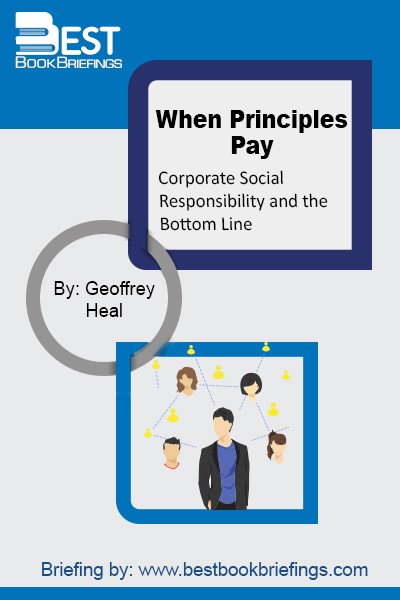
Capitalism was successful at generating income and economic growth but often at the expense of the natural environment. Now things are changing: we can see the outline of a new system in which we can enjoy the undoubted benefits of a competitive market economy without the environmental costs. It is a
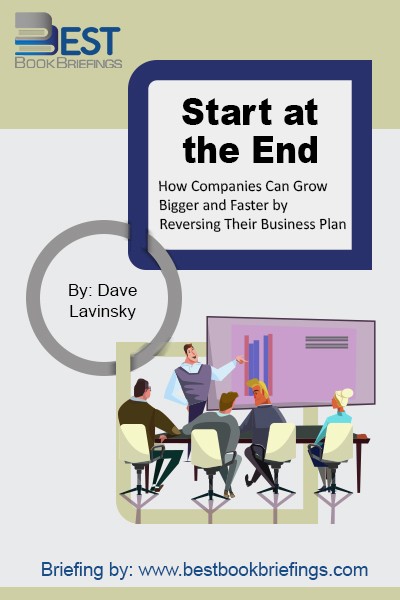
Business owners, and their teams, often lose their way in the midst of the day-to-day stress of generating sales and profits. Suddenly, everyone becomes so focused on short-term goals that the entire organization loses sight of the long-term vision. The solution is to start at the end. When you know where
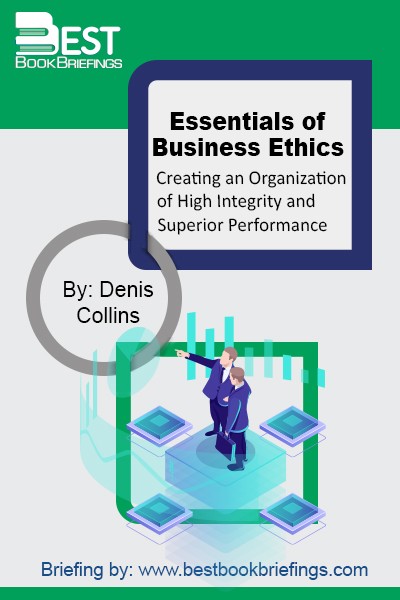
Organizations of high integrity achieve superior performance because they attract and retain high-quality employees, customers, suppliers and investors. Creating organizations of high integrity takes time and effort. This does not happen automatically, because human beings are not morally perfect. Unethical employees, customers, suppliers and investors can prevent organizations from achieving high
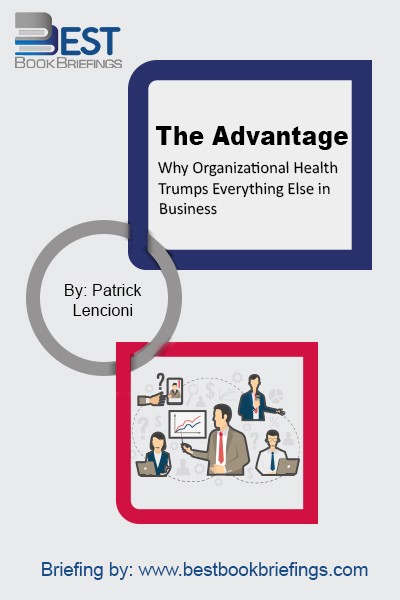
There is a competitive advantage out there, arguably more powerful than any other. Is it superior strategy? Faster innovation? Smarter employees? No, New York Times best-selling author, Patrick Lencioni, argues that the seminal difference between successful companies and mediocre ones has little to do with what they know and how smart
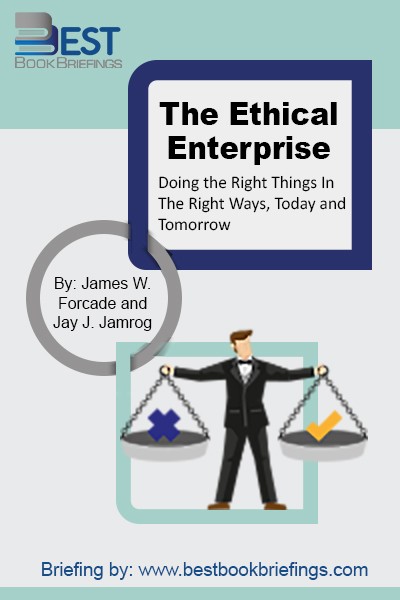
If you put the words history of business ethics into a search engine on the Internet, you can come up with more than 34,000,000 hits in 0.18 of a second. Most of those hits would focus on the scandals that occurred in the last 30 years only. That’s when the idea
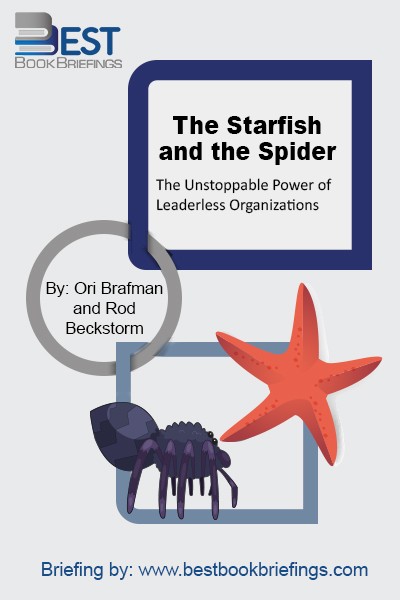
Like neuroscientists searching for the grandma cell, when we look at the world outside of our brain, we naturally seek order. We look for hierarchy all around us. Whether we’re looking at a Fortune 500 company, an army or a community, our natural reaction is to ask, “Who’s in charge?” We
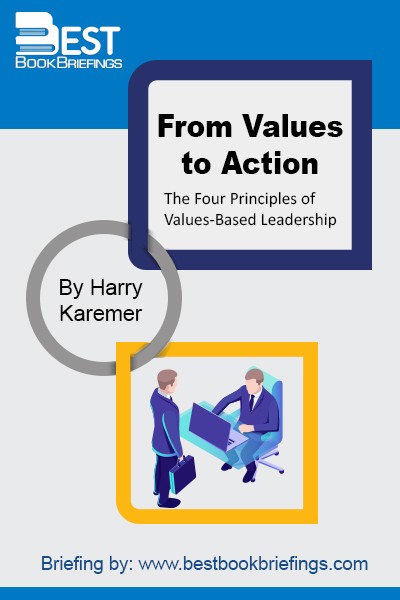
Leadership, simply put, is the ability to influence others. Values-based leadership takes it to the next level. By word, action, and example, values-based leaders seek to inspire and motivate, using their influence to pursue what matters most. The objective of values-based leadership is to do the right thing by making choices

